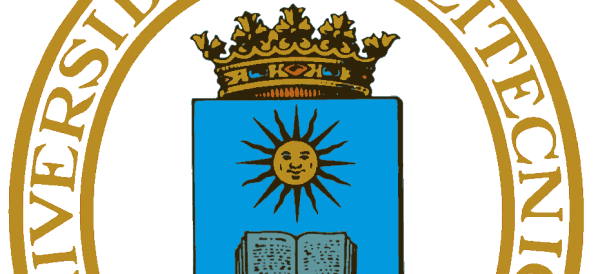 9 Terms
9 TermsHome > Terms > English, UK (UE) > Bacterial artificial chromosomes
Bacterial artificial chromosomes
DNA constructs that are composed of, at least, a replication origin, for successful replication, propagation to and maintenance as an extra chromosome in bacteria. In addition, they can carry large amounts (about 200 kilobases) of other sequence for a variety of bioengineering purposes.
Definition from: Unified Medical Language System (MeSH) at the National Library of Medicine A bacterial artificial chromosome (BAC) is an engineered DNA molecule used to clone DNA sequences in bacterial cells (for example, E. coli). BACs are often used in connexion with DNA sequencing. Segments of an organism's DNA, ranging from 100,000 to about 300,000 base pairs, can be inserted into BACs. The BACs, with their inserted DNA, are then taken up by bacterial cells. As the bacterial cells grow and divide, they amplify the BAC DNA, which can then be isolated and used in sequencing DNA.
Definition from: Talking Glossary of Genetic Terms from the National Human Genome Research Institute.
- Part of Speech: noun
- Synonym(s):
- Blossary:
- Industry/Domain: Medical
- Category: Human genome
- Company: National Library of Medicine
- Product:
- Acronym-Abbreviation:
Other Languages:
Member comments
Terms in the News
Featured Terms
Madrid Polytechnic University
Madrid Polytechnic University (UPM) was founded in 1970 in Madrid (Spain) and it counts with different Technical Schools of Engineering and ...
Contributor
Featured blossaries
Marouane937
0
Terms
58
Blossaries
3
Followers
9 Most Expensive Streets In The World
 9 Terms
9 Terms
Browers Terms By Category
- Social media(480)
- Internet(195)
- Search engines(29)
- Online games(22)
- Ecommerce(21)
- SEO(8)
Online services(770) Terms
- General astronomy(781)
- Astronaut(371)
- Planetary science(355)
- Moon(121)
- Comets(101)
- Mars(69)
Astronomy(1901) Terms
- Cooking(3691)
- Fish, poultry, & meat(288)
- Spices(36)
Culinary arts(4015) Terms
- Printers(127)
- Fax machines(71)
- Copiers(48)
- Office supplies(22)
- Scanners(9)
- Projectors(3)




